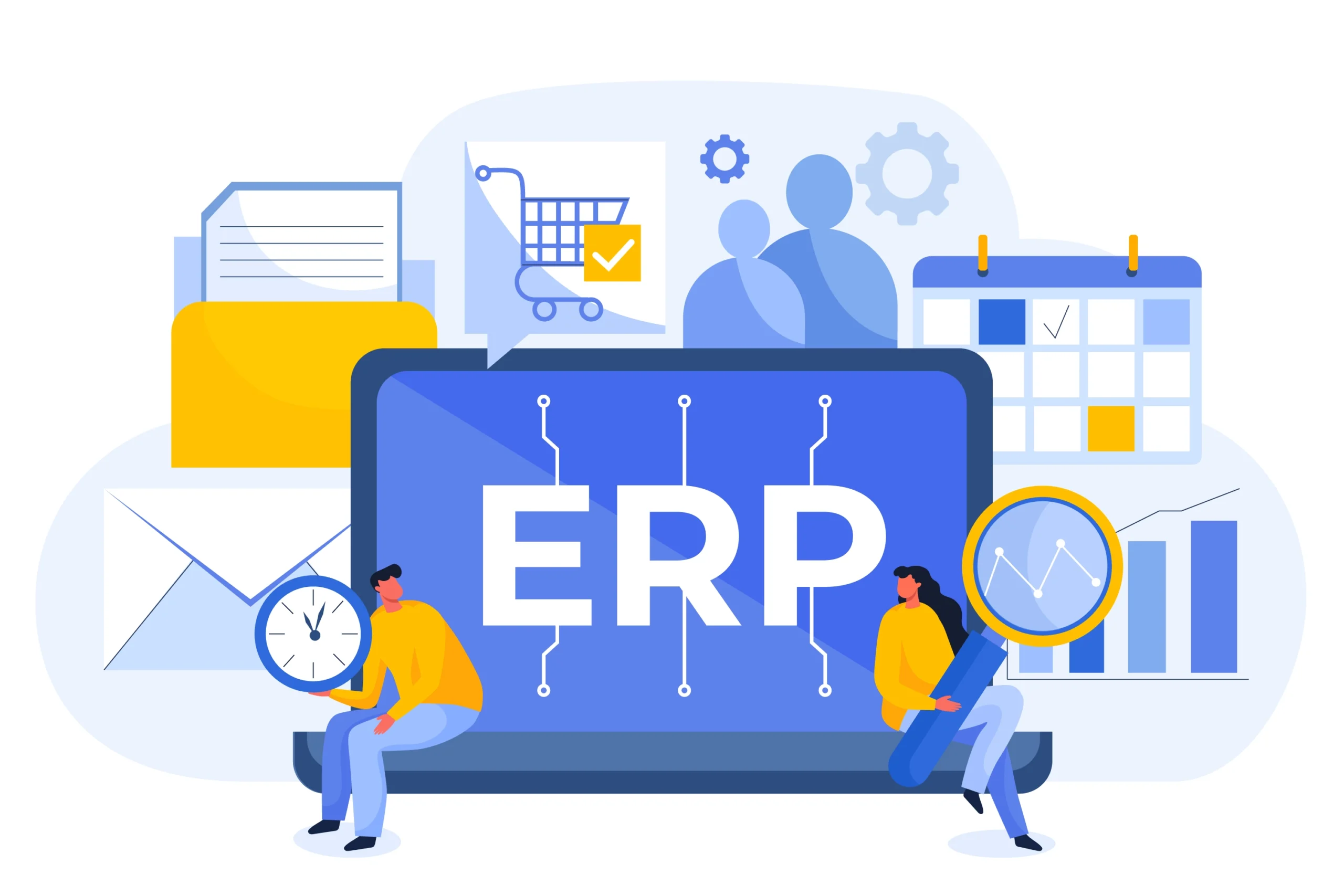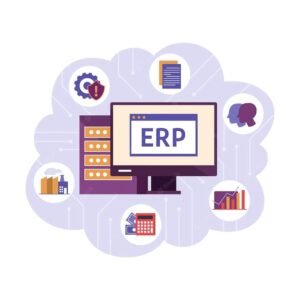The auditing of an ERP system is essential for business companies to analyze the accuracy of shared information in terms of security, compliance, and efficiency to make sure that it enhances the performance of their company and reduces risk. Factors of ERP system auditing involve security control, data integrity, the implementation of processes, and the performance of the whole system to ensure that the daily requirements and business goals are met.
What is ERP System Auditing?
ERP system meaning is to manage and integrate the essential parts of businesses. Therefore, to keep your company on the leading edge of success, the auditing of an ERP system is essential. The process of ERP auditing involves testing and reviewing the functions of ERP to make sure that the system is working efficiently. The purpose of ERP auditing is to determine how effectively individual ERP system software is handling work flow and solving problems, along with system improvement and security.
ERP System Software Examples
ERP system examples are as follows:
- SAP ERP System
- SAP ERP system, meaning a comprehensive system that integrates and manages various critical business
- Oracle NetSuite
- A cloud ERP system for small businesses.
- Acumatica
- An industry-focused ERP platform.
- Epicor Kinetic
- Specifically designed for manufacturing ERP.
Why Are They Necessary?
The reasons to perform ERP audits are as follows:
For Data Security
ERP auditing check if your ERP system is integrating the correct information from various departments. By auditing, you can improve the security of your system in the event of any data cluster that can pose a risk to your business.
Protects Compliance
Regular audits ensure that update rules are followed consistently if your company type is highly regulated.
Boosts security
By keeping the system updated, audits help boost the security of the ERP system. It will help your company develop the best ERP system for your business to grow without any threat.
Eliminates Errors
Errors are expected to occur, especially if your business is so wide and includes a lot of processes. By auditing, ERP systems integration checks the accuracy of the data transferred among the departments and eliminates all the errors before they become something major.
Consistent Return on Investment (ROI)
To reduce functional costs, various businesses invest in ERP. You will never know if your ERP system is providing the desired, consistent return on investment (ROI) unless you conduct regular ERP audits.

Types of ERP Audits
Following are different types of ERP audits:
Process Audit
This type of ERP auditing assesses the efficiency, necessity, and performance of all the processes and workflows throughout your business.
Compliance Audit
This type of ERP auditing ensures the compliance of your business. From a business continuity perspective, it is critical to ensure that all your procedures and functions are aligned with the legal requirements if regulations hold sway in your industry.
System Audit
System auditing is normally carried out by IT experts because it focuses on the technical requirements of ERP software. A system audit makes sure that your ERP software has suitable hardware and networking capacity to function.
Security Audit
The objective of this type of audit is to assess the security of your ERP system. It secures all the applications that have the highest risk of cyberattacks.
Waste Audit
This type of audit is used to identify unimportant materials in your ERP framework. By removing these unnecessary elements, you can increase efficiency and reduce expenses.
How to Ensure ERP Audit Success
Here are five steps to consider when planning an ERP audit.
- Identify your objectives.
- Assemble your audit team.
- Create a simple issue-flagging process.
- Accurate Issue Recording
- Prioritize and execute changes
Tips for Conducting an ERP Audit
If you are going to conduct an ERP audit, then the following are the tips that you should keep in mind to ensure that your ERP audit is valuable and effective.
- The main goal of the ERP audit should be customized to the size and complexity of your company’s ERP system.
- You should choose an auditor who is experienced in ERP system auditing.
- You should provide all the information to the auditor that they need to conduct a thorough audit.
- You should identify and remove any weak points in an audit.
Conclusion
In conclusion, an ERP system in the UAE and other countries is an essential part of any business. By conducting regular ERP audits, you can assure the effectiveness and efficiency of your business. You can detect and address any weak points in the ERP system and reduce the threat of errors, violations, and fraud by conducting regular audits and improving system performance.





